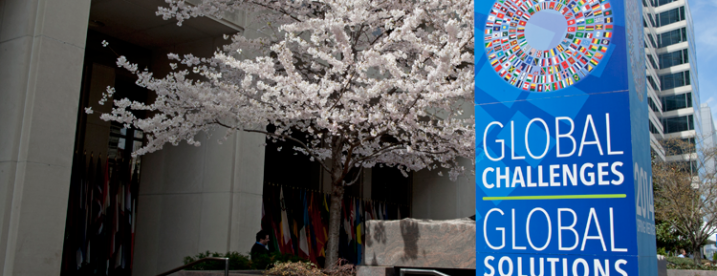
October 11th Forum to Focus on Illicit Financial Flows in the Context of the Post-2015 Sustainable Development Agenda
High Level Discussion to Be Live-Streamed During the 2014 IMF/World Bank Annual Meetings
WASHINGTON, DC – Global Financial Integrity (GFI) President Raymond Baker is to be featured on a World Bank panel on Saturday, October 11, 2014 focusing on the issue of illicit financial flows in the context of the Post-2015 Sustainable Development Agenda. Taking place as part of the 2014 IMF/World Bank Annual Meetings, the discussion will feature high level representatives from the Governments of Norway, Denmark, Bangladesh, the Philippines, and the World Bank in addition to Mr. Baker.
By Tom Cardamone, October 2, 2014
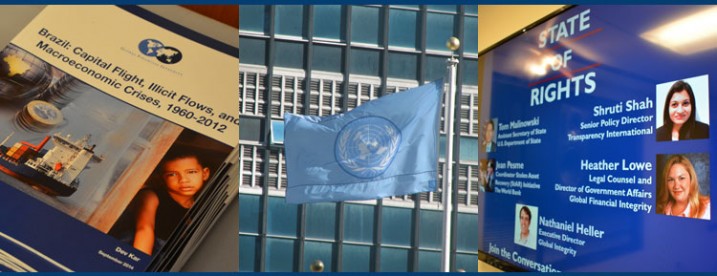
A Quarterly Newsletter on the Work of Global Financial Integrity from June through September 2014
Global Financial Integrity is pleased to present GFI Engages, a quarterly newsletter created to highlight events at GFI and in the world of illicit financial flows. We look forward to keeping you updated on our research, advocacy, high level engagement, and media presence. The following items represent just a fraction of what GFI has been up to since May, so make sure to check our new website for frequent updates.
U.S.-Africa Leaders Summit
The big news this quarter was the U.S.-Africa Leaders Summit held in Washington, D.C. in early August, which brought together leaders from fifty African nations with President Obama, and included a ground-breaking announcement that a joint high-level working group on illicit financial flows would be formed. GFI participated in the summit’s Civil Society Forum as well as several additional side events, and were proud to partner with the Open Society Foundations (OSF) and other organizations to host the event “Resources for the Future: Partnering with Civil Society for Transparency and Accountability in Africa,” which celebrated the role of civil society in advocating for transparency and accountability in Africa and discussing ways to make further progress. The high-caliber roster of speakers are too numerous to list here, but included Vice President Joseph Boakai of Liberia; George Soros, founder of OSF; Mo Ibrahim, founder of the Mo Ibrahim Foundation; and Mojanku Gumbi, a trustee of the Thabo Mbeki Foundation. The public event was followed by an African-U.S. civil society working session.
By Tom Cardamone, September 30, 2014
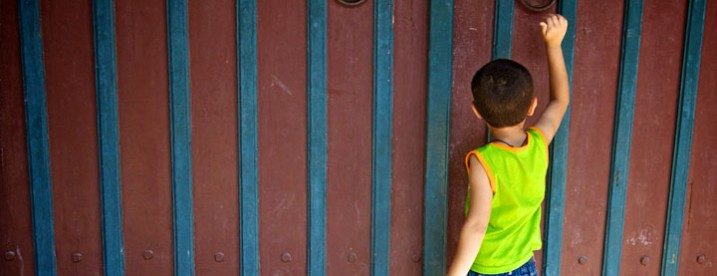
GFI Calls for a Sustainable Development Goal (SDG) to Halve Illicit Flows from Trade Misinvoicing by 2030
As I noted in yesterday’s post, the momentum toward global action on illicit flows by the international community (i.e. the United Nations, OECD, G20, etc) has grown substantially over the past three years. Indeed, last October, the World Bank Group noted that “there is little doubt that [illicit] flows have a pernicious impact on development” and the UN group working on development financing said that “domestic resource mobilization is being severely undermined by illicit financial flows.” And, in January, the African Union stated that “it is imperative to curtail illicit financial flows [to ensure] the efficient and effective use of resources.”
But, while there is an understanding of the problem and a willingness to act, there is no broad consensus on what should be done. The opportunity that presents itself comes from a once-in-a-generation confluence:
- the international community agreeing on the need to reduce illicit financial flows (IFFs), and
- 2) the fact that the Post-2015 development agenda is open for debate.
The political will already exists to address the IFF challenge in concrete ways. Now, the question is: what does a SMART (i.e. Specific, Measurable, Achievable, Relevant, Time-bound) SDG target on illicit flows look like?
By Tom Cardamone, September 29, 2014
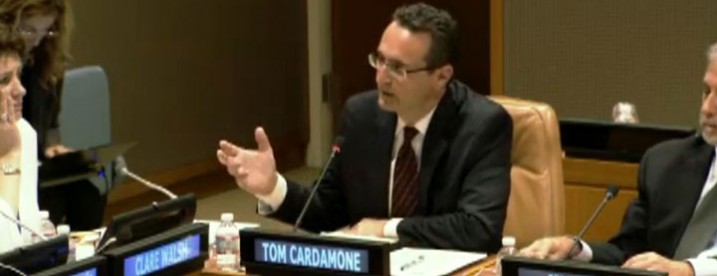
GFI Participates in High Level OECD Side-Event on Curbing Illicit Flows during UN General Assembly Meetings
On September 24th, tucked away in a quiet conference room in the basement of the UN General Assembly building, an extraordinary conversation took place on the future of global development. But, despite the gathering of representatives from the OECD, UN, World Bank, USAID and the Mexican, Australian, and Nigerian governments, the event received exactly zero media coverage.
Titled “Curbing Illicit Financial Flows for Domestic Resource Mobilization and Sustainable Development in the Post-2015 Era,” the focal point of the two-hour discussion was how the international community could, as the program description put it, “identify concrete international actions needed” to curtail illicit financial flows out of developing country economies. While other events were given more airtime and other issues may require more immediate attention, some ideas presented at the panel could be transformational in terms of how countries address the scourge of illicit flows and how the development agenda is funded.
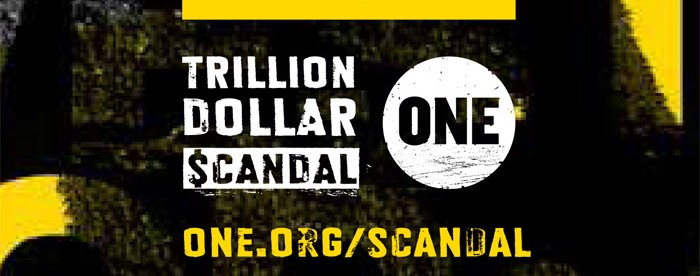
Report Highlights the Human Cost to Developing Countries of Corruption and the Financial Structures Facilitating It
World Leaders Must Act to Implement Effective Transparency Measures at This Year’s G20 Summit and Beyond
WASHINGTON, DC – The ONE Campaign, an international advocacy and campaigning organization, today released a report, entitled “The Trillion-Dollar Scandal,” highlighting the cost of corruption and other forms of illicit financial flows to developing countries and enumerating several crucial steps world leaders can take to curb these flows. Global Financial Integrity (GFI), a Washington-DC based research and advocacy organization, applauded the report as a welcome and timely addition to this important discussion in international development.
By Grace Zhao, June 20, 2014
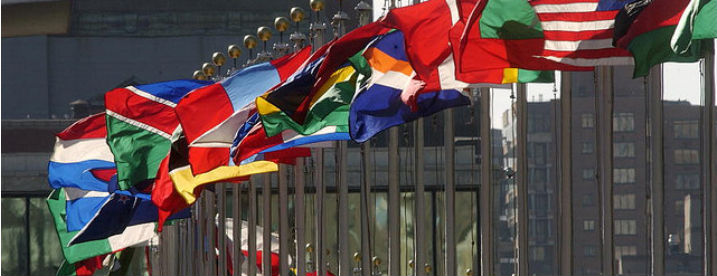
Capable and effective institutions and the rule of law benefit all sustainable development goals.
This is one of the arguments brought up by a number of NGOs, including Global Financial Integrity, in an open letter to the UN’s Open Working Group. Scroll down to read the open letter.
The Open Working Group is a 30-member group of the General Assembly of the UN that is responsible for preparing sustainable development goal proposals. As the deadline for the Millennium Development Goals approaches, an action plan for post 2015 has started. The Open Working group was established in January 2013 to draft a series of objectives for the post 2015 development agenda.
The Open Working Group has proposed 17 Sustainable Development Goals to be obtained by 2030, one of which is Goal 16.
By Tom Cardamone, June 16, 2014
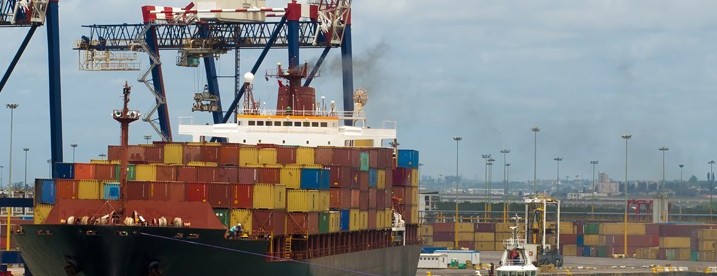
GFI Calls for the Adoption of a Sustainable Development Goal (SDG) Aimed Strictly at Halving Illicit Financial Flows from Trade Misinvoicing by 2030
Since the beginning of the year, the UN’s Open Working Group (OWG) has been wrestling with a nearly herculean task: to winnow a set of roughly 200 suggested Post-2015 sustainable development goals (SDGs) down to about a dozen. The process will culminate with the list being presented to the UN General Assembly (UNGA) during its annual meeting in September. The UNGA will then have one year—until the next UNGA meeting—to consider and, perhaps, amend the list. By September 2015, the international community’s roadmap toward sustainable development will be set in stone for the next 15 years. Simply put, there is a lot riding on what the OWG does in the next three months.
The current list of potential OWG recommendations covers the gamut from reductions in corruption to significant improvements in clean water, education and health care. While Global Financial Integrity (GFI) is pleased to see that the OWG has included a target to reduce illicit financial flows (IFFs)—which are estimated at close to $1 trillion annually—we believe the language as currently drafted is flawed.
As written, the IFF target (goal 16.3) is coupled with numerous other issues—including reductions in organized crime, human trafficking, and drug smuggling—making it unwieldy, unmeasurable and, as a result, unachievable. We believe a concise SDG target on IFFs will have a far greater chance of being proposed by the OWG and approved by the General Assembly.
Global Financial Integrity (GFI) joined several prominent civil society organizations on June 16, 2014 in signing an open letter to the UN’s Open Working Group on Sustainable Development Goals urging them to make Goal 16 a priority.
Ineffective governance and institutions hinder sustainable development goals. Furthermore, poor governance and leadership systems are often the root of sustainable development issues. Thus, the groups argue, progress with Goal 16 would reinforce all sustainable development goals.







